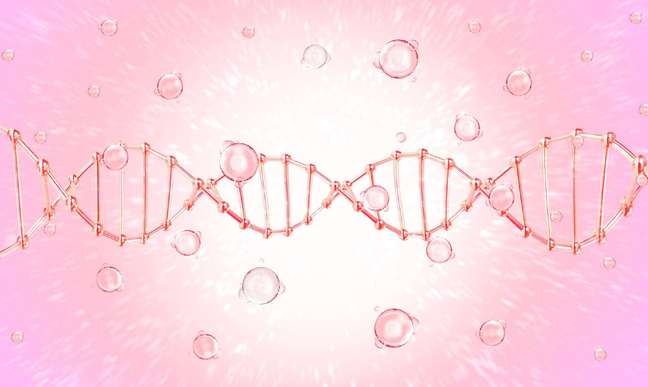Researchers from the Federal University of Paraná discovered, in 2021, a molecule associated with the development of breast cancer

Researchers from the Federal University of Paraná (UFPR) identified a molecule associated with the development of breast cancer last year. This is Lnc-uc.147, an RNA molecule produced in a little-known region of DNA.
I study
The team was looking for other parts of the genetic material that could influence the appearance of tumors. The team studied ultraconserved regions (UCRs) which, because they did not act in protein production, were called ‘junk DNA’ and were excluded from the analyzes.
The team found that more than half of these molecules could be related to at least one clinical parameter of breast cancer, the most common type among Brazilian women. In the group analyzed, researcher Érika Pereira Zambalde, leader of the study, chose the RNA molecule Lnc-uc.147.
According to Érika, the analysis of Lnc-uc.147 allowed to verify that, with the inhibition of the molecule, the cancer cells slowed down their growth. “The molecule plays a role in controlling the rate of cell growth and death. When it is in greater quantity, the patient’s cancer is more aggressive,” the specialist told the UFPR website.
New possibilities for treating breast cancer
The results on Lnc-uc.147 may modify the current classification parameters for breast cancers. Cases identified as easy to treat, for example, can end up evolving and presenting complications, due to the presence of this molecule in the patient’s DNA.
With the study, the researchers believe it is possible to use Lnc-uc.147, in the future, as a marker in breast cancer tests, to complement existing methods. Therefore, doctors could separate patients with more dangerous tumors from those with less aggression.
This discovery opens up new possibilities for breast cancer treatment. This is because it helps save patients from aggressive procedures that affect their quality of life. The choice of the most appropriate method for the person would be at the time of diagnosis, considering the new biomarker, the researchers pointed out.
Furthermore, the development of a drug that binds to Lnc-uc.147 is another possibility suggested by the research. The solution could help in the treatment of patients, depending on the stage of the disease and the type of cancer.
+The best content in your email for free. Choose your favorite Earth Newsletter. Click here!
Source: Terra
Benjamin Smith is a fashion journalist and author at Gossipify, known for his coverage of the latest fashion trends and industry insights. He writes about clothing, shoes, accessories, and runway shows, providing in-depth analysis and unique perspectives. He’s respected for his ability to spot emerging designers and trends, and for providing practical fashion advice to readers.

-1ibeskywkh3z8.png)






